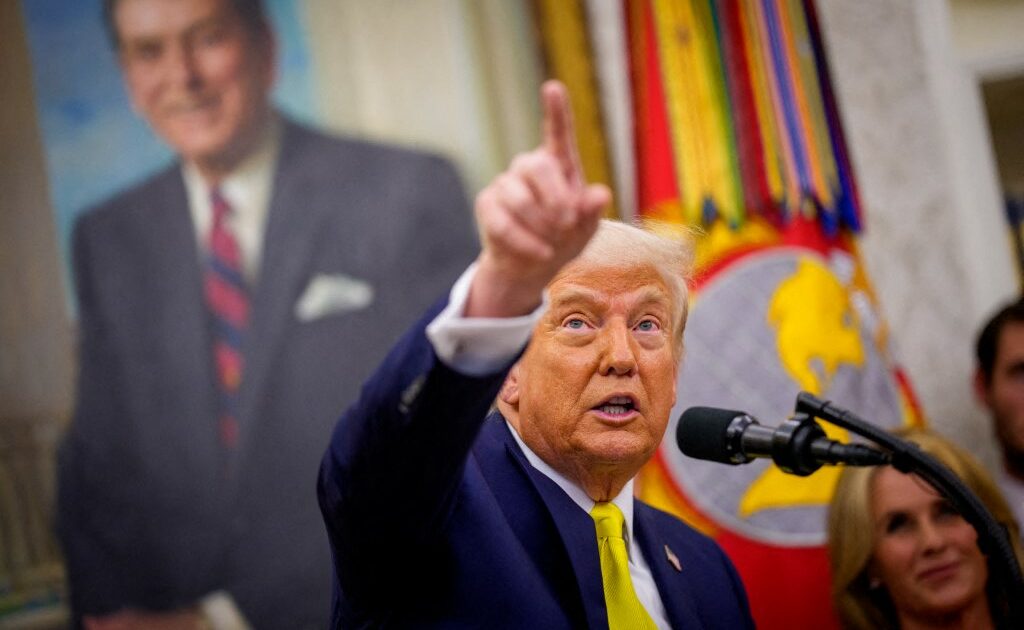The Trump administration’s escalating tensions with China have taken a new turn, targeting the influx of Chinese students into American universities. Secretary of State Marco Rubio announced a plan to “aggressively” revoke visas for Chinese students, particularly those with ties to the Chinese Communist Party or studying in strategically important fields. This move builds upon previous efforts by the administration to restrict Chinese student visas, but the latest announcement signals a potentially broader and more intensive crackdown. The administration also plans to tighten visa criteria for all applicants from China and Hong Kong, raising concerns about the future of international student enrollment in the US.
This policy shift comes amidst a backdrop of strained US-China relations and escalating trade disputes. The administration’s rhetoric paints Chinese students as potential security risks or agents of intellectual property theft, justifying the increased scrutiny and visa revocations. The implications for American universities are significant, as Chinese students represent a substantial source of revenue, paying full tuition and contributing to the financial stability of these institutions. While India recently surpassed China as the leading source of international students, the sheer number of Chinese students makes them a vital component of the American higher education landscape. The potential loss of this revenue stream raises questions about the long-term financial health of universities, particularly those heavily reliant on international student tuition.
The timing of this announcement is particularly noteworthy, coming on the heels of China’s criticism of the administration’s temporary suspension of visa appointments for all international students. Rubio’s declaration can be interpreted as a direct response to this criticism, signifying a hardening stance and a willingness to escalate the diplomatic conflict. The suspension of visa appointments, ostensibly for enhanced social media screening, further complicates the situation for prospective international students, creating uncertainty and potentially deterring qualified applicants from pursuing education in the US. This move affects not only Chinese students but also those from friendly nations, adding another layer of complexity to the issue.
The administration’s actions extend beyond visa restrictions and include a broader assault on American higher education. President Trump’s ongoing feud with Harvard University exemplifies this trend. The administration’s attempts to exert control over Harvard’s admissions and hiring practices, along with the withholding of federal research funding, reflect a deeper ideological conflict. Trump has accused Harvard of fostering anti-Semitism and promoting a “woke” liberal agenda, using these accusations to justify his punitive measures. The legal battles between Harvard and the administration further underscore the deep divisions and the high stakes involved.
The confluence of these actions paints a picture of an administration increasingly hostile to both international engagement and the perceived liberal bias of American universities. The targeting of Chinese students and the attacks on Harvard serve as prominent examples of this broader trend. The administration’s rhetoric emphasizes a shift towards prioritizing “American values” and vocational training, suggesting a de-emphasis on traditional liberal arts education and international collaboration. This shift in priorities has raised concerns about the future direction of American higher education and its role in fostering global understanding and intellectual exchange.
The long-term consequences of these policies remain uncertain. The potential loss of international students, particularly from China, could have a significant impact on the financial stability and diversity of American universities. The increased scrutiny and visa restrictions could also deter talented individuals from pursuing education in the US, potentially benefiting other countries that welcome international students. Furthermore, the administration’s attacks on academic freedom and its efforts to politicize higher education raise serious questions about the future of American universities and their role in a democratic society. The ongoing legal challenges and the evolving diplomatic landscape will ultimately determine the full extent of the impact of these policies.














